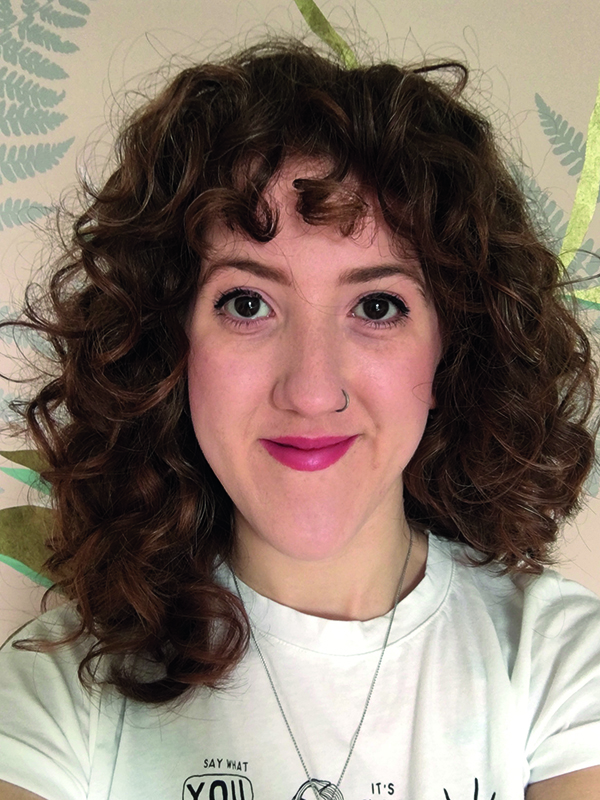ADVERTISEMENT PROMOTION
 Rosie Weston, Nutritional Therapist, CNM graduate gives some advice in our expert health Q&A
Rosie Weston, Nutritional Therapist, CNM graduate gives some advice in our expert health Q&A
Q: I get off to sleep quickly but often wake in the small hours and struggle to get back off to sleep until it’s nearly time to get up! What can I do about this?
A: Our sleep can be affected by much more than the food you eat.
What you do in the few hours before bedtime can negatively or positively affect your sleep cycle.
Alcohol, caffeine, temperature, electronics, pollution and noise are all known sleep disruptors. Best to drink caffeine in the morning and not after 2pm and save alcohol for the weekends.
Electronic devices emit blue light which affects melatonin production (our sleep-regulating hormone). Try not to use these the few hours before bed or wear blue light-blocking glasses.
Magnesium is required in melatonin production; increase magnesium-rich foods like organic almonds, leafy green veg and white beans or try taking a good quality supplement which includes magnesium malate or bisglycinate before bed; 300mg is the RDA but individual requirements need a nutritional therapist’s advice.
Tryptophan-rich foods like bananas, turkey, nuts, seeds and dairy also support serotonin production a hormone very much involved in the sleep-wake cycle so aim to eat these in your evening meals.
Opt for balanced meals throughout the day and especially in the evening. These keep blood sugar stable through the night.
If you continue to have broken or disturbed sleep, seek the services of a nutritional therapist.
Q: As I get older I seem to have less and less energy. What tips have you got for improving this?
A: Blood sugar imbalance is a major reason for low energy levels.
When we eat the wrong balance of foods our blood sugar levels can quickly spike often leaving us with low energy feeling tired and craving sweet foods like chocolate or biscuits.
Instead of reaching for the sweet stuff, which only exacerbates the cycle, create balanced wholesome meals.
Each meal should contain slow release carbs (vegetables, fermented legumes, whole grains), healthy fats which enrich your meal (extra virgin olive oil, avocado, tahini, nuts and seeds) and good quality protein sources (organic, grass fed meats or lentils, chickpeas and beans).
Aim for half the plate to be non-starchy vegetables not only will these help fill you up, but they are your daily nutrient hit. Combining these foods balances your blood sugar levels and sustains your energy levels throughout the day. The right balance of macronutrients, vitamins and minerals are required for energy production.
And last but not least, remember to drink plenty of pure, filtered water with 2L being the optimal amount depending on activity levels and time of year. Feeling tired is one of the body’s cries for more water!







